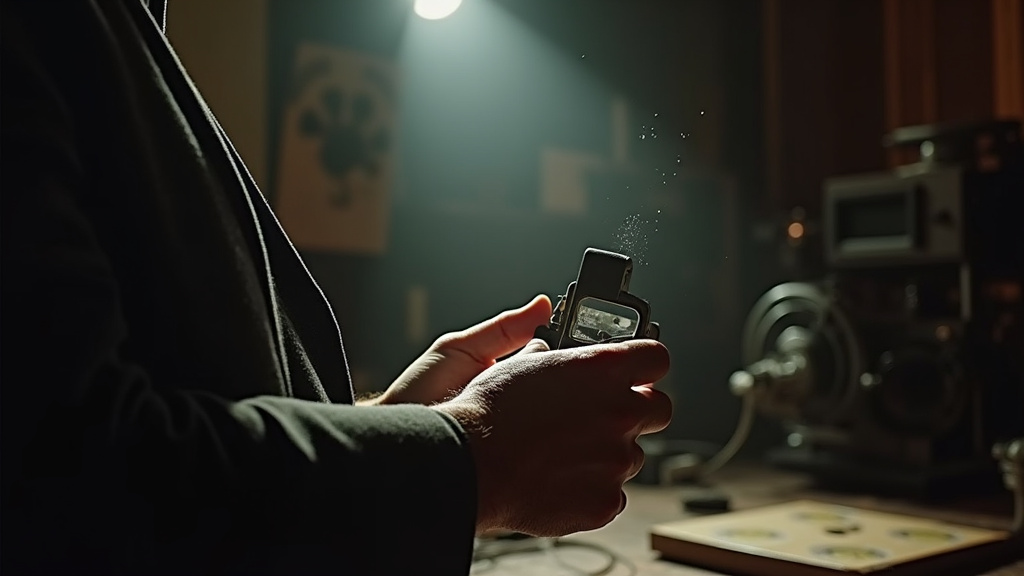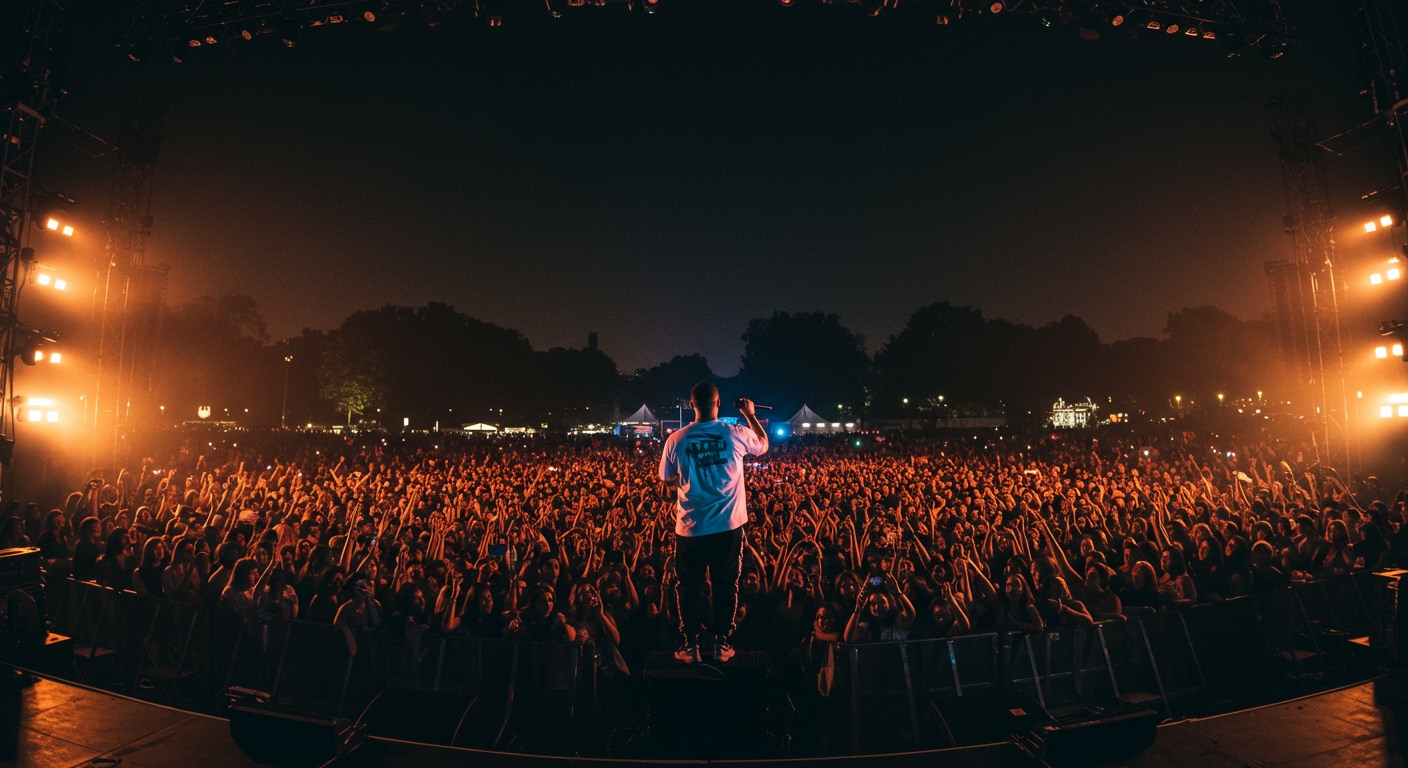The music industry, a perpetually dynamic landscape, continues its rapid transformation, driven by technological innovation, shifting consumer behaviors, and evolving marketing strategies. Hypebot, a leading chronicler of this ever-changing ecosystem, consistently provides vital news, commentary, and insights for music industry professionals, indie labels, and DIY musicians alike. From the seismic impact of artificial intelligence to the enduring importance of fan connection, the industry is grappling with both unprecedented opportunities and complex challenges, all of which Hypebot meticulously covers.
AI’s Ascendancy: Opportunity, Ethics, and Artist Rights
Artificial intelligence (AI) has firmly established itself as a central force in the music world, influencing everything from creation to consumption. Universal Music Group (UMG), a major player in the industry, has articulated a clear strategy that balances embracing AI’s potential with a staunch commitment to protecting artists and their intellectual property. CEO Sir Lucian Grainge has emphasized that UMG will not license AI models that utilize an artist’s voice or existing songs without explicit consent, drawing a firm line against unauthorized exploitation. This proactive stance includes forging partnerships with AI developers and actively filing patents for AI threat protection, positioning UMG as a pioneer in developing a responsible AI ecosystem.
The broader implications of AI are vast, offering tools for hyper-personalized fan experiences, enhanced music discovery, and even AI-driven music creation. However, this technological leap is not without its controversies. Debates surrounding “AI slop”—low-quality, unauthorized AI-generated content—and the ethical quandaries of training AI on existing copyrighted material highlight the need for transparency and robust legal frameworks. As AI continues to evolve, the industry is navigating a complex terrain where innovation must coexist with the protection of human creativity and artist compensation.
The Digital Drumbeat: TikTok, Email, and Evolving Fan Engagement
In the realm of music marketing, TikTok has cemented its status as an indispensable platform for artists seeking to promote their music and connect with a global audience. Success on the platform in 2025 hinges on understanding its algorithm-driven culture, leveraging trending challenges and sounds, and fostering genuine engagement. Strategies like creating short, catchy clips that encourage user-generated content, collaborating with relevant influencers, and utilizing a mix of niche and trending hashtags are crucial for maximizing discoverability. Beyond viral moments, artists are increasingly focused on converting TikTok buzz into sustainable fan bases by directing traffic to streaming platforms and maintaining an active, authentic presence.
Complementing the dynamism of social media, email marketing remains a high-converting tool for direct artist-to-fan communication. Building an email list through website sign-ups, social media promotions, and exclusive content offers provides artists with a reliable channel to share news, announce releases, promote tour dates, and cultivate deeper fan relationships. Personalization, mobile-friendly design, and clear calls-to-action are best practices that ensure these communications resonate and drive desired actions, making email a cornerstone of any robust marketing strategy.
Technological Frontiers: Distribution, Immersive Audio, and Blockchain
Beyond AI, a wave of other technological advancements is reshaping the music industry. Immersive audio technologies like Dolby Atmos and Sony 360 Reality Audio are transforming how music is experienced, offering richer, multi-dimensional soundscapes. Virtual Reality (VR) and Augmented Reality (AR) are opening new avenues for live performances and interactive music videos, providing fans with unique, engaging experiences that transcend physical limitations.
The fundamental processes of music distribution also continue to evolve. From the early days of MP3s and peer-to-peer sharing to the current dominance of streaming services like Spotify and Apple Music, technology has consistently democratized access and altered consumption patterns. Emerging technologies like blockchain offer promise for greater transparency in royalty tracking and decentralized distribution, while NFTs are creating new models for monetizing music and engaging fans directly. These innovations collectively underscore a future where music creation, distribution, and consumption are increasingly intertwined with technological advancement.
The Persistent Pulse of Touring: Challenges and Opportunities
Despite the digital revolution, touring remains a critical pillar for many musicians, serving as a vital source of income and a direct conduit for fan connection. However, the realities of life on the road in 2025 present significant challenges. Rising costs in transportation, accommodation, and logistics, compounded by inflation and staffing shortages, make profitable touring increasingly difficult, particularly for independent and emerging artists. Navigating complex visa requirements for international performances and managing the physical and mental well-being of artists and crew are ongoing hurdles. Yet, the allure of live performance persists, with artists and promoters creatively marketing shows and seeking innovative revenue streams like merchandise sales and sponsorships to offset these costs, ensuring the enduring relevance of the live music experience.
Hypebot continues to be an essential resource, dissecting these multifaceted trends and providing the crucial news and analysis that helps artists, labels, and industry professionals not only navigate but thrive in the complex, ever-evolving world of music.














